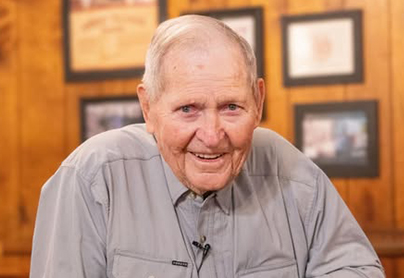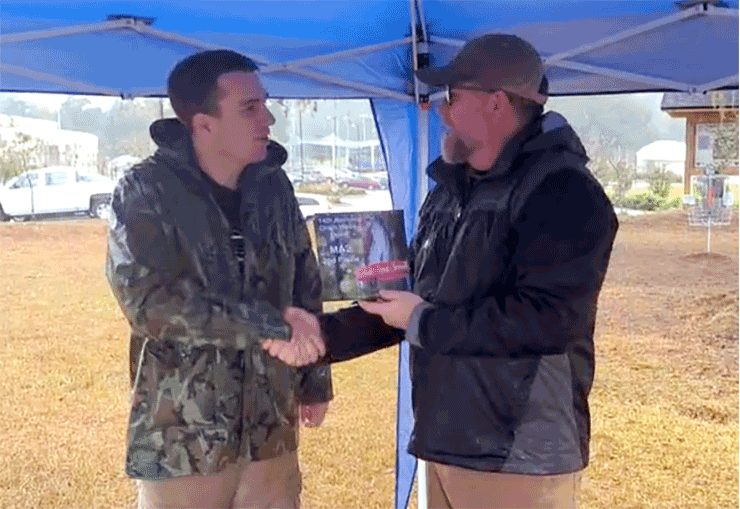ALACHUA COUNTY - Other than emergency services, most Alachua County government offices will be closed Dec. 24-25, 2025, and Jan. 1, 2026, in observance of the holidays.
Curbside Waste Collection/Collection Centers
Residential curbside collection service for solid waste, recycling, and yard trash will not operate on Dec. 25 or Jan. 1. Collection services for those two weeks will be delayed by one day. Thursday’s collection will take place on Friday, and Friday’s will take place on Saturday.
Holiday closures for Alachua County Solid Waste offices and facilities:
Administrative Offices: closed Dec. 24-25, and Jan.1
Rural Collection Centers: closed Dec. 24-25, and Jan.1
Leveda Brown Environmenta Park & Transfer Station: Open Dec. 24, from 7 a.m. until 3 p.m. Closed Dec. 25 and Jan. 1.
Hazardous Waste Collection Center: Open Dec. 24, From 7 a.m. until 3 p.m. Closed Dec. 25 and Jan. 1.
For more information, contact Alachua County Solid Waste and Resources Recovery Director Gus Olmos at 352-338-3233.
Animal Resources
Animal Resources (3400 NE 53rd Ave., Gainesville) is closed Dec. 24-25 and Jan. 1. On all other days, the shelter is open during regular hours, from 10:30 a.m. to 5:30 p.m., Tuesday through Saturday.
Although Animal Resources will be closed, resource officers respond 24 hours a day, seven days a week, including holidays, to matters affecting public safety and animals in immediate danger. Citizens should dial 911 to report such emergencies.
During regular hours, Animal Resources can be reached at 352-264-6870.
Clerk of the Court
The Office of the Clerk of the Court will be closed Dec. 24-26 and Jan. 1. On all other days, offices will be open during regular hours.
For more information, contact the Office of the Clerk of the Court at 352-374-3636.
Property Appraiser
The Property Appraiser’s Office will be closed Dec. 24-26 and Jan. 1-2. On all other days, offices will be open during regular hours.
For more information, contact the Property Appraiser’s Office at 352-374-5230.
Tax Collector
The Tax Collector’s Office will be closed Dec. 24-26 and Jan. 1-2. On all other days, offices will be open during regular hours. Appointments are highly encouraged. Please be aware walk-in customers may face long wait times as those with appointments are served first. Visit the Tax Collector website to make an appointment.
For more information, contact the Tax Collector’s Office at 352-374-5236.
Supervisor of Elections
The Supervisor of Elections Office will be closed Dec. 24-26 and Jan 1. On all other days, offices will be open during regular hours.
For more information, contact the Supervisor of Elections Office at 352-374-5252.
Health Department
The Health Department will be closed for Christmas starting Wednesday, Dec. 24 at 5 p.m. and will reopen on Monday, Dec. 29. For New Year’s, they will be closed starting Wednesday, Dec. 31 at 5 p.m. and reopen on Monday, Jan. 5 at 8 a.m.
For more information, contact the Alachua County Health Department at 352-334-7900.
# # #
email editor@
alachuatoday.com
Add a comment




